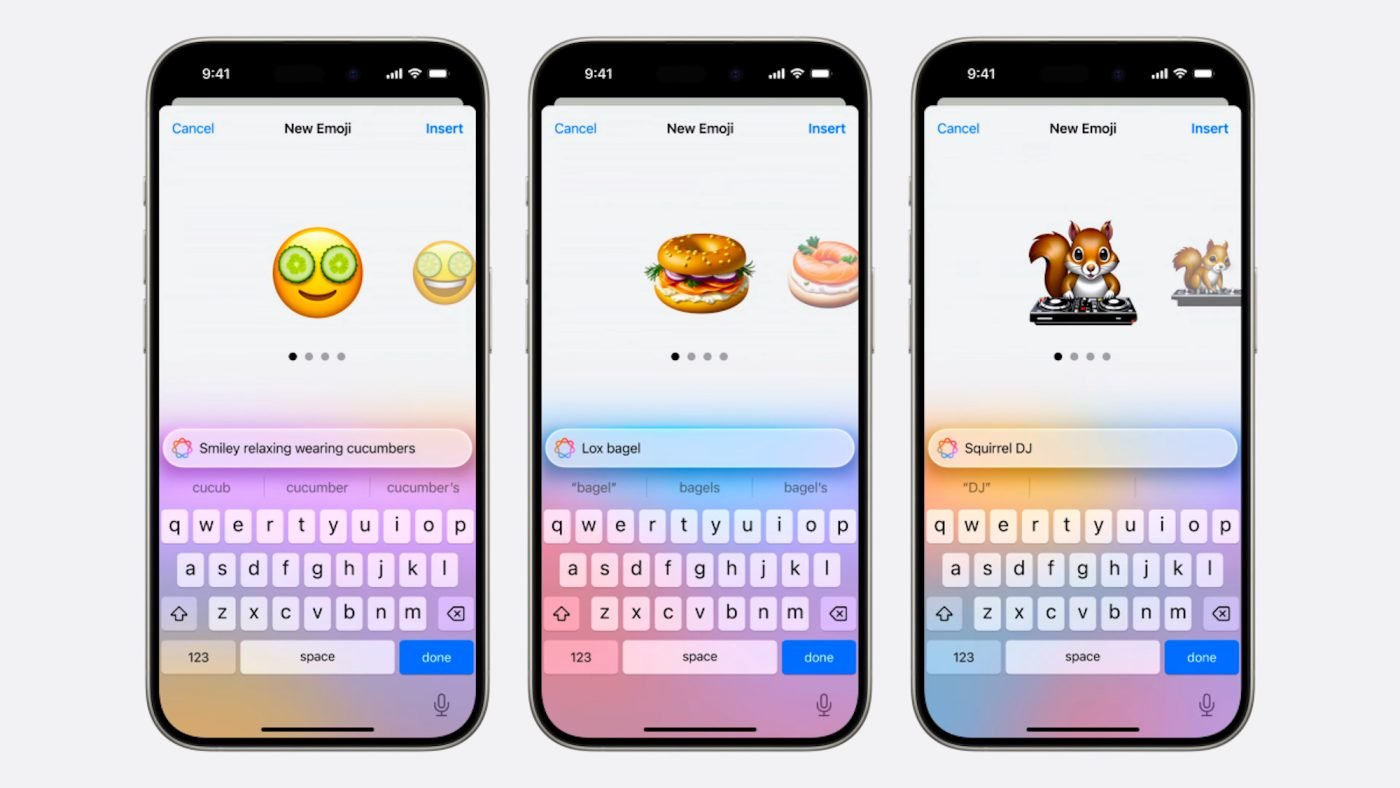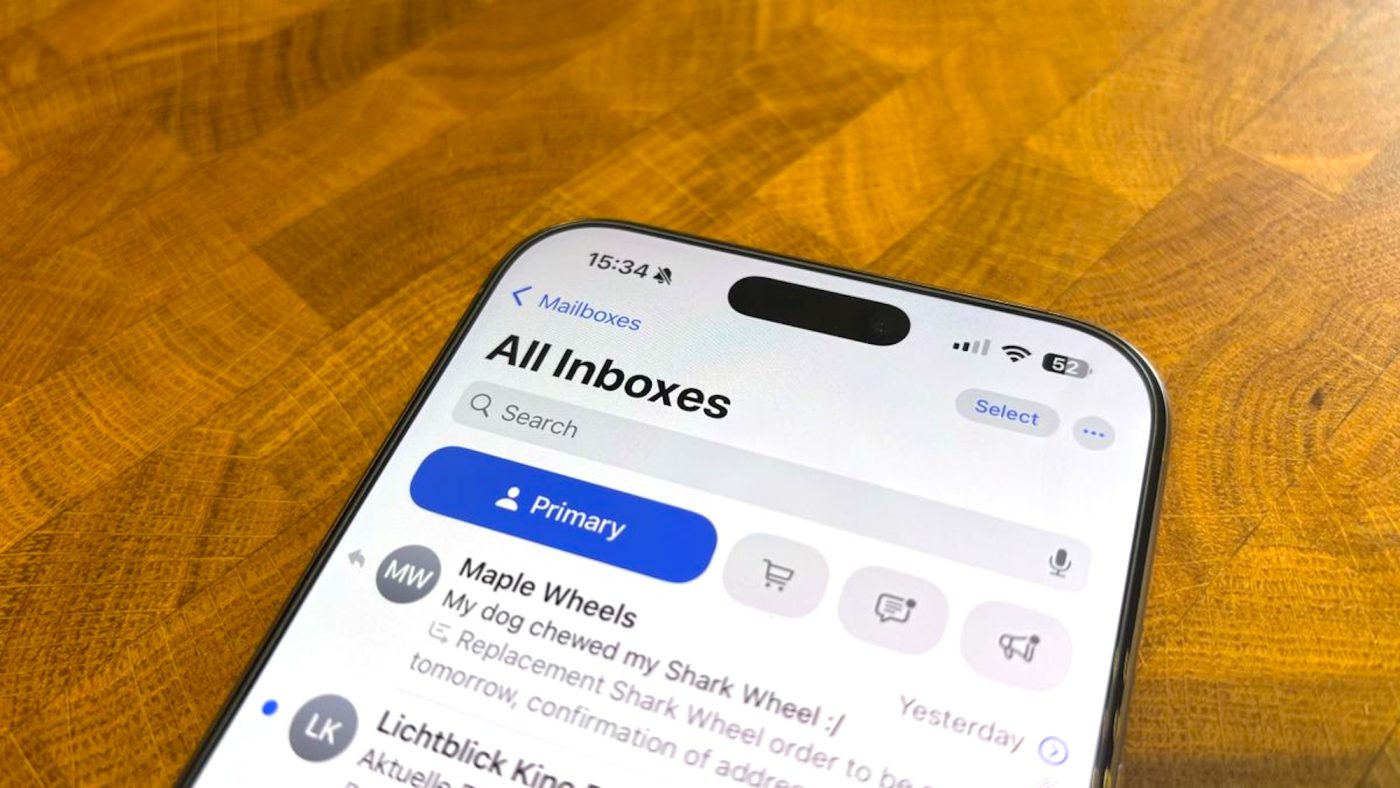- Apple’s much-hyped iOS 18.2 has finally arrived.
- The update brings big changes to its AI-driven Apple Intelligence systems and much more.
- It also puts Apple’s largest competitor, Google, in a tricky position.
Apple has finally rolled out its highly anticipated iOS 18.2 update, alongside twinned updates for iPad and MacOS. This release brings swathes of new features and upgrades, with a heap focusing on local language access to Apple Intelligence for users in the UK, Australia, Canada, and New Zealand. Previously restricted to US English alone, these capabilities are now available to millions of new users, potentially marking a pivotal moment in Apple’s long-running software evolution.
Localised Access to Apple Intelligence
One of the standout aspects of iOS 18.2 is the rollout of local language support for Apple Intelligence, allowing users in the UK, Australia, Canada, and New Zealand to interact with Apple’s advanced AI features in their native languages. Users cannot access these features without first updating their devices to the latest software version.

All this coincides with Apple CEO Tim Cook’s visit to the UK, where he opined about the company’s deep investments in the region, including contributions from local engineers in developing AI components and private cloud computing technologies.
Growing the Apple Intelligence Toolkit
iOS 18.2 also introduces several exciting new tools to the Apple Intelligence suite, levelling up user experience across iPhone, iPad, and Mac devices. Key features include:
Related Stories
- Improved Siri: Drastically improved natural language understanding and the ability to handle more complex queries.
- Visual Intelligence: You can now point your device’s camera at its surroundings to gain more information, enriching interactions with the environment.
- Imaging Tools: Custom AI-generated emojis through the ‘Genmoji‘ feature and automated image creation with Image Playground.
- Integrated ChatGPT Access: For tasks that Siri cannot handle alone, users can opt to integrate with ChatGPT, leveraging the GPT-4o model for detailed and substantive responses. This integration does not require an OpenAI account but is limited to newer iPhone models.
- AirTag Improvements: iOS 18.2 enables sharing the location of lost items with trusted friends or airlines.
- Volume Controls on Lock Screen: A new menu option allows users to add volume controls directly to the lock screen for easier access.
Apple has also made much of its ongoing commitment to user privacy with the new update, ensuring that many of its AI tools operate directly within the device, mitigating the risk of data leaks. The brand has also been keen to make it crystal clear that any tasks beyond its AI capabilities are handled by optional third-party tools, which users can choose to engage with at their own discretion.

Innovative Messaging and Mail Features
iOS 18.2 also brings big updates to messaging and email functionalities. Users can now change their default messaging and calling apps, allowing for the selection of encrypted options in line with recent FBI recommendations, marking a landmark departure from Apple’s previous focus exclusively on iMessage.

In the Mail app, Apple has introduced Mail Categories, which organise emails into Primary, Transactions, Updates, and Promotions, much like you already can in Gmail. A useful aid in managing inbox clutter, it also offers the flexibility to customise email sorting preferences by personal need. For those who prefer the traditional view, Apple provides the option to disable categories.
Challenges for Google Users
While iOS 18.2 brings numerous benefits to Apple users, it could pose big challenges for Google’s messaging ecosystem. The update’s introduction of customisable default messaging and calling apps undermines Google’s Rich Communication Services (RCS) strategy, which relies heavily on widespread adoption to achieve seamless cross-platform messaging. With Apple now offering encrypted alternatives, the reliance on Google Messages diminishes, potentially stalling the growth of RCS and the multi-billion-pound business messaging industry it claims to support.

Tech commentators like John Gruber have called out inconsistencies in Google Messages’ encryption support, making it all too clear how Apple’s proactive approach in enhancing user privacy and offering encrypted messaging options places Google in a precarious position, diminishing its efforts to promote RCS as a secure and reliable communication standard.
As Apple works hard to solidify its position in the rapidly evolving AI landscape, the changing dynamics and ever-rising tensions between the big Silicon Valley tech players will undoubtedly shape the future of mobile communications for the end user in big ways.

